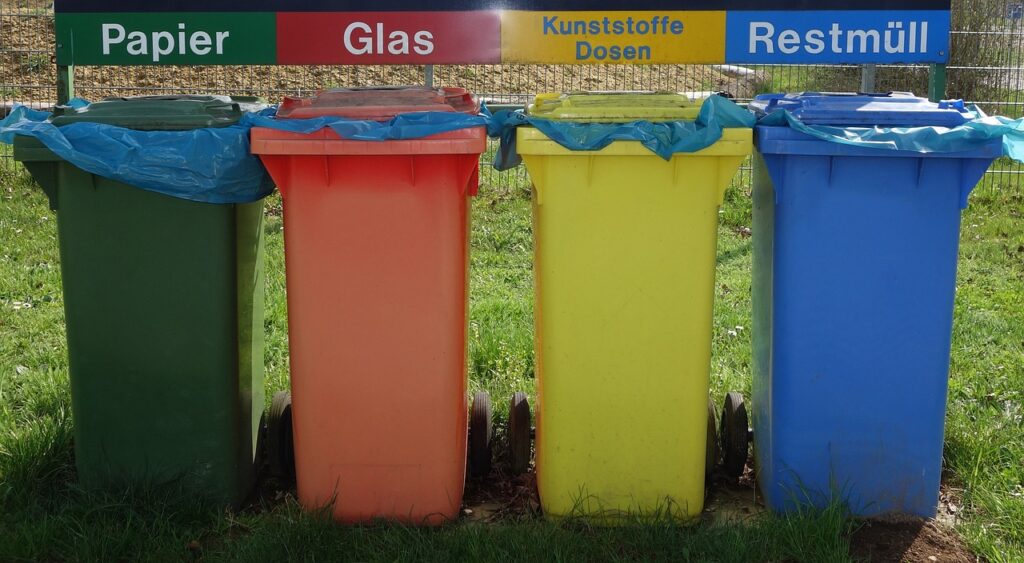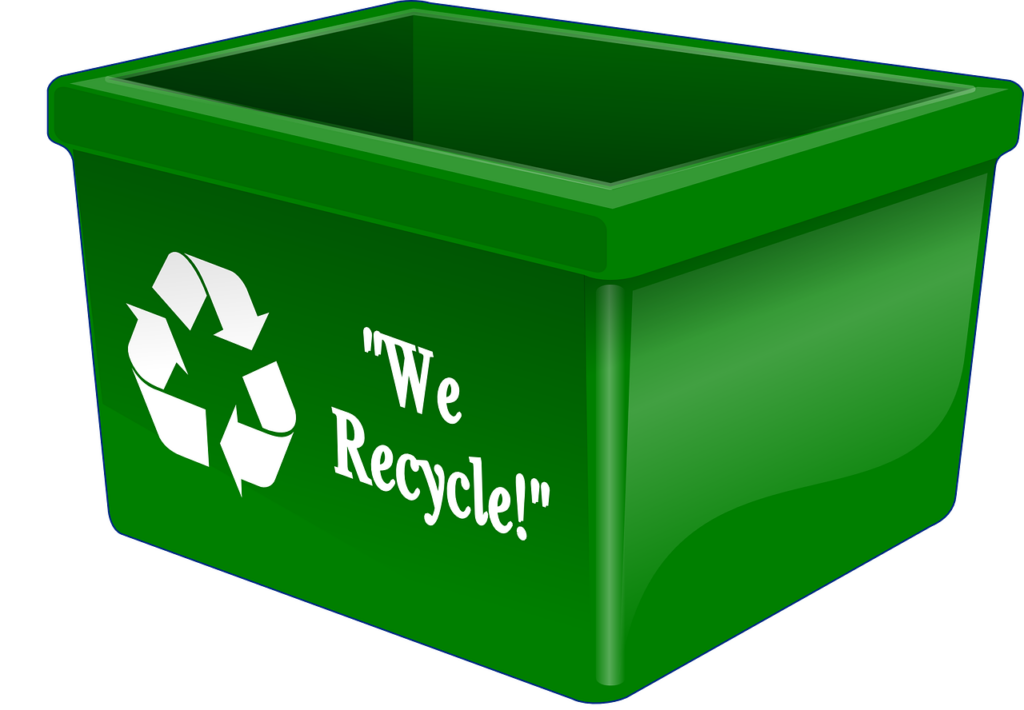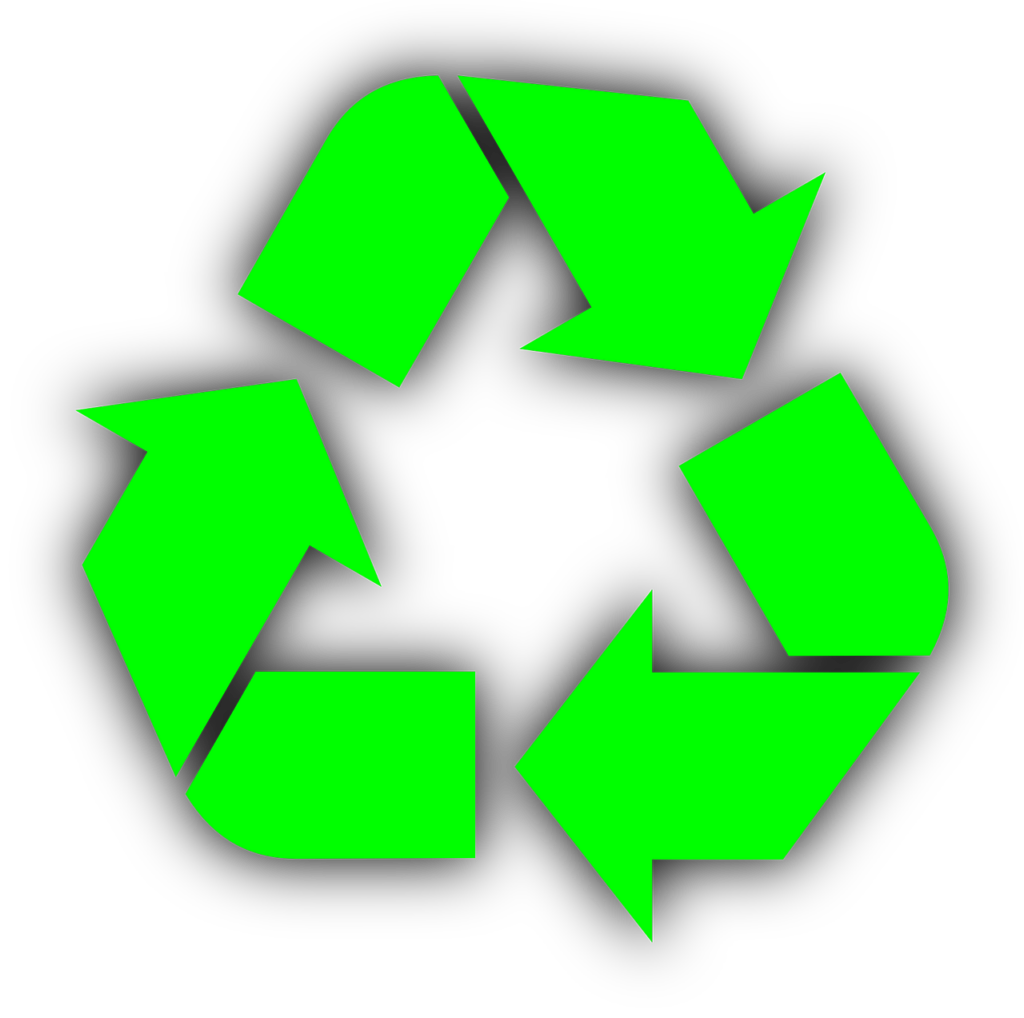Introduction:
Skip bins are indispensable tools for waste management, but they can become breeding grounds for germs, odors, and unsightly grime. Cleaning skip bins is essential for maintaining hygiene and ensuring that they remain functional for their intended purpose. In this article, we’ve sought the insights of a skip bin cleaning industry expert to share valuable tips and tricks on effective skip bin cleaning, the reasons behind these practices, and the optimal cleaning frequency.
Expert Tips for Skip Bin Cleaning:
- Use High-Pressure Water: Start the cleaning process by using high-pressure water to dislodge and remove loose debris, dirt, and residues. This step is essential for an initial clean, as it helps prepare the surface for further cleaning.
- Eco-Friendly Detergents: Choose eco-friendly detergents or cleaning agents that are safe for the environment. These detergents are effective in breaking down grime and neutralizing odors.
- Brush or Scrub: Employ a stiff brush or scrubbing tool to thoroughly clean the interior and exterior of the skip bin. Pay special attention to the corners, edges, and the bottom, where residue tends to accumulate.
- Deodorize: After cleaning, use deodorizing agents to eliminate any lingering odors. Baking soda, citrus peels, or specialized deodorizing products can work wonders in keeping your skip bin smelling fresh.
- Rinse Thoroughly: Ensure that all cleaning agents and debris are completely rinsed away. Residual cleaning agents can attract pests and contaminate waste.
- Sun-Dry: Allow the skip bin to air-dry in the sun to prevent mold and mildew growth. UV rays help disinfect and eliminate remaining bacteria.
- Regular Maintenance: Schedule routine cleaning sessions, so your skip bin remains clean and hygienic. Frequent maintenance makes the cleaning process more manageable.
Why Effective Skip Bin Cleaning Matters:
- Hygiene: Skip bins are often filled with various waste materials, some of which can harbor harmful bacteria and pathogens. Regular cleaning ensures that these contaminants are removed, reducing health risks.
- Pest Prevention: Dirty skip bins can attract pests, including rodents and insects. Cleaning and deodorizing deter pests and prevent infestations.
- Odor Control: Accumulated waste and residue can lead to foul odors. Proper cleaning and deodorizing help maintain a fresh and pleasant environment.
- Regulatory Compliance: Many local authorities and waste management regulations require skip bins to be clean and free from contaminants. Compliance with these regulations is essential to avoid fines and penalties.
How Often Should You Clean Your Skip Bin?
The optimal cleaning frequency for skip bins depends on their usage:
- Residential Use: For residential skip bins, a thorough cleaning every 1-2 months is generally sufficient. However, more frequent cleaning may be necessary if waste has particularly strong odors or if the bin is heavily used.
- Commercial Use: Skip bins used by businesses or construction sites may require more frequent cleaning, possibly every 1-2 weeks, due to the larger volume and variety of waste.
- Event Hire: Skip bins used for events, festivals, or temporary projects should be cleaned promptly after use to maintain hygiene and appearance.
Conclusion:
Proper skip bin cleaning is vital for maintaining hygiene, preventing pest infestations, controlling odors, and complying with regulations. Expert tips, including using high-pressure water, eco-friendly detergents, and routine maintenance, can help ensure effective cleaning. The optimal cleaning frequency varies based on usage, but regular maintenance is essential for a clean and efficient skip bin. Clean skip bins not only contribute to a healthier environment but also extend the lifespan and functionality of these crucial waste management tools.



